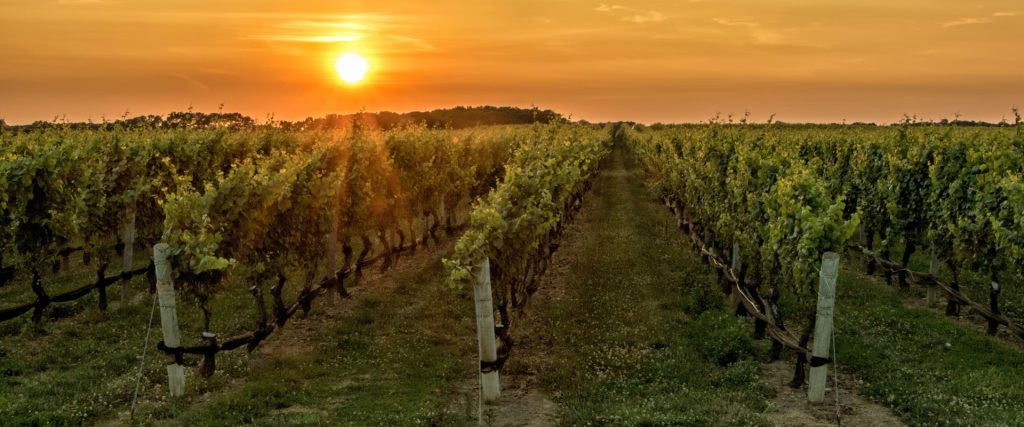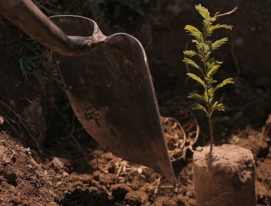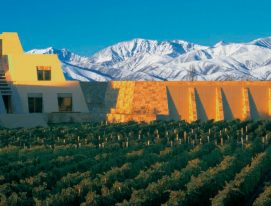In 2009, the General Assembly of the United Nations designated April 22 as Earth Day in order to raise environmental awareness across the globe. In Argentina, organic, biodynamic and sustainable farming practices are growing increasingly popular, especially among wineries.
Earth Day: awareness and a vision for the future
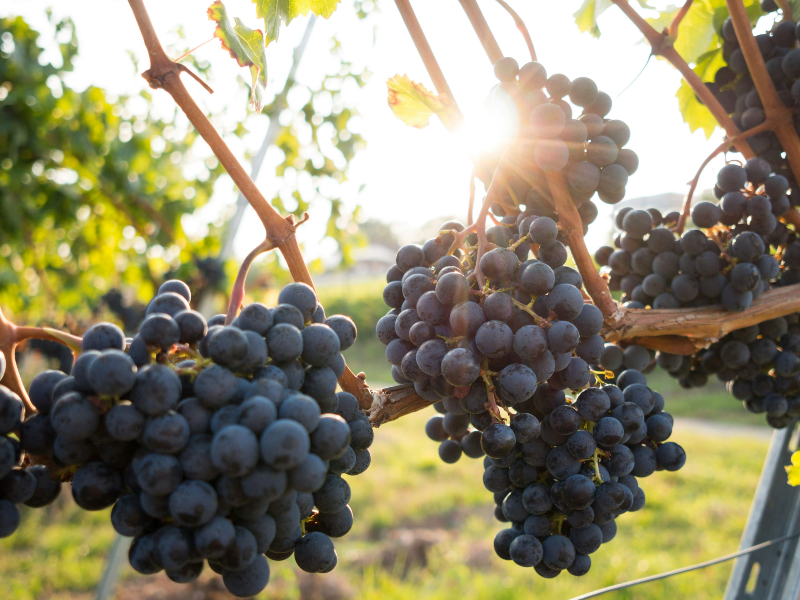
Another phenomenon that has been on the rise for some time now in Argentina is regenerative agriculture; farming practices that help to restore the organic material and biodiversity of the soil in order to help reverse the effects of global warming.
This kind of agriculture improves the health of the soils, allowing crops to better absorb nutrients and resist difficult weather conditions. Broadly speaking, it’s a means of farming that helps to repair the damage caused by traditional agriculture.
Matías Ciciani is the oenologist responsible for winemaking at Bodega Escorihuela Gascón who have adopted and expanded organic and biodynamic practices at their vineyard in El Cepillo, Uco Valley, Mendoza.
“I believe that organic, biodynamic viticulture offers a different perspective on agriculture. Biodynamic methods are part of a way of life, an understanding that we are all connected to our crops, it’s not just acting as winegrowers, it’s being part of a microcosm, understanding that there was a pre-existing balance that needs to be maintained. It’s a philosophical concept in which winegrowers and the local ecology work in unison. Our mission is to direct our passion toward bringing out the purity of the place in our wines.”
A long-term commitment
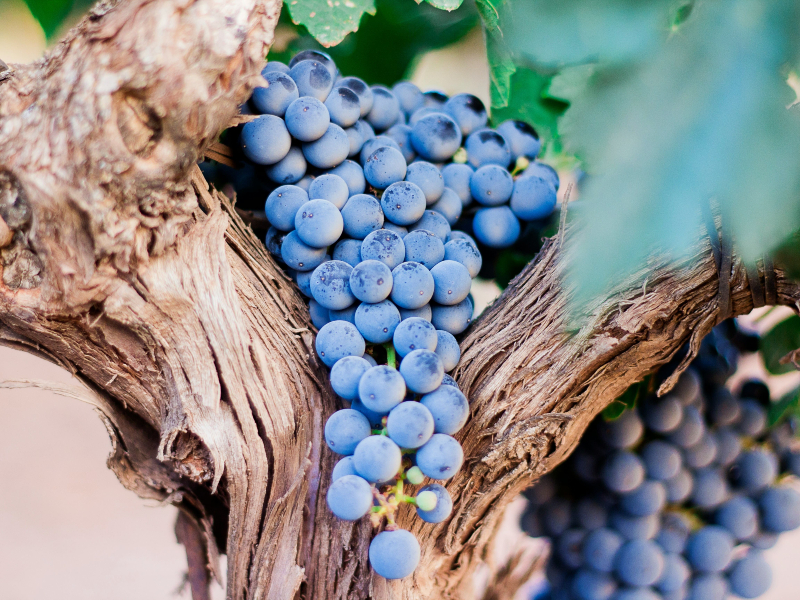
Another winery that has adopted new agroecological approaches is Cheval des Andes. Noelia Pérez, the head of communications at the winery, explains, “We see ecological agriculture as serving the local ecology and helping to protect the environment through our viticultural and agricultural practices, especially at our two vineyards.”
At the winery, which is located in Las Compuertas, eco-agriculture is seen as a fundamental part of a High Viticulture philosophy that involves the presence of vegetable cover throughout their parcels, eco-forestry and the implementation of “polyculture” rather than “monoculture”.
“The real stars,” Noelia continues, “of these methods are the micro-organisms in the soil, the local flora and fauna, and the people who work in the vineyards, whose clear vision for what they’re doing makes them authentic wine artisans.”
In 2020, Cheval des Andes also began to transition to organic production, obtaining certification in 2023.
“Something that is very important to us is to be constantly mindful of our actions so as to preserve the quality of our two terroirs in Las Compuertas and Paraje Altamira over time, ensuring the flavor of our wines will reach future generations and protecting the home of Cheval des Andes,” she concludes.
Resilience: a key pillar of Earth Day
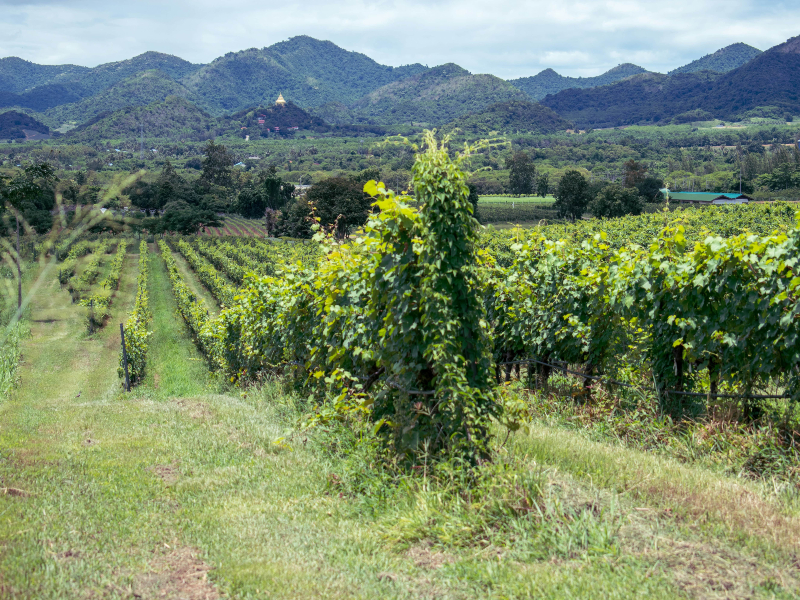
Enhancing biodiversity and vegetable cover across the vineyards is a means of creating a more robust and resilient ecosystem that can withstand increasingly extreme weather events such as droughts, the Zonda wind and heat waves.
Bodega Chakana Wines are leaders in the biodynamic cultivation of vines. The agricultural engineer Facundo Bonamaizón explains why they decided to adopt the philosophy: “With respect to biodynamics, everyone knows about the farming calendar and the application of different preparations in the fields, but they’re not so aware that it involves a whole range of practices that have been implemented for over 100 years. They’re similar to those that are now being implemented as part of regenerative agriculture: crop rotation, enhanced biodiversity, using animals to complement farming systems, adding compost to increase fertility and the chemical, physical and microbiological improvement of soils as part of a holistic vision for the system.”
In Los Chacayes, Uco Valley, Bodega Piedra Negra, owned by the French businessman and winegrower Françoise Lurton, pay special care to the preservation of the environment. Their Director of Wines in Latin America is Thibault Lepoutre and for Earth Day he explains how they converted their vineyards: “The decision to switch to organic methods was taken in 2010 and we completed certification 100% in 2015. It was a slow, painstaking process. We’re in the Andean foothills, an area of poor, uncultivated soils. We needed to shape our soils, enrich them, bring them to life and conventional agriculture, with its herbicides and fertilizers, just made them a medium, something completely inert.”
Which is why they decided to give up on herbicides and allow the vegetation in the vineyard to recover. Today they have identified about 150 plants, some native and others introduced. They also started an eco-forestry program, planting native tree species such as chañar, algarrobo and cina cina across the vineyard.
“These plants,” Thibault continues, “absorb carbon in the air and when we restore them to the soil, they feed a complex network of microbes that enrich our earth with nitrogen and nourish the vines. Fungi, which are vulnerable to pesticides and turning over the soil, bring essential elements to the vine such as nitrogen, water and phosphorous.”
The purpose of these working practices is to improve the conditions under which a plant grows to “transmit the transparency of a place and the work people do every year maintaining the beauty of the harvest and the vineyard.”

